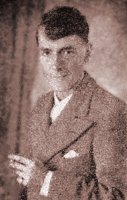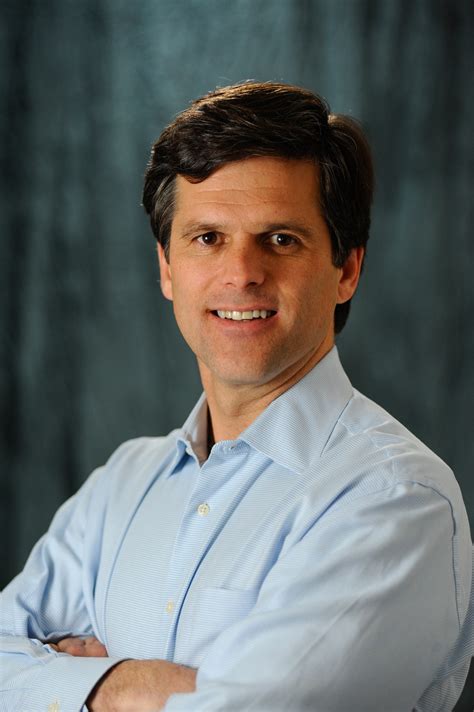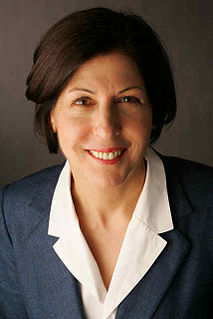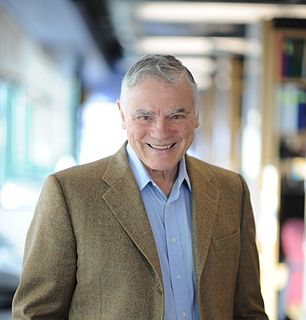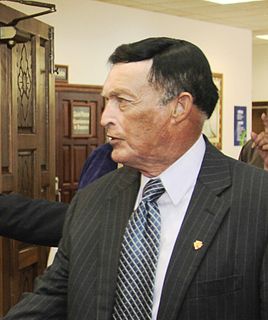A Quote by Michelle Alexander
Of course in this age of colorblindness, a time when we have supposedly moved "beyond race," we as a nation would feel very uncomfortable if only black people were sent to jail for drug offenses. We seem comfortable with 90 percent of the people arrested and convicted of drug offenses in some states being African American, but if the figure was 100 percent, the veil of colorblindness would be lost.
Related Quotes
The system functioned relatively automatically, and the prevailing system of racial meanings, identities, and ideologies already seemed natural. Ninety percent of those admitted to prison for drug offenses in many states were Black or Latino, yet the mass incarceration of communities of color was explained in race-neutral terms, an adaptation to the needs and demands of the current political climate.
The War on Drugs is a war on people, but particularly it's been a war on low-income people and a war on minorities. We know in the United States of America there is no difference in drug use between black, white and Latinos. But if you're Latino in the United States of America, you're about twice as likely to be arrested for drug use than if you're white. If you're black, you are about four times as likely to be arrested if you're African American than if you are white. This drug war has done so much to destroy, undermine, sabotage families, communities, neighborhoods, cities.
We can't have close to 90 percent of those prenatally diagnosed with an intellectual disability being aborted; 90 percent not going to school; more than 90 percent reporting discrimination in the healthcare system; and 90 percent unemployed, and tell ourselves that we're doing a good job. The obstacles to leading a full life for the vast majority of people with intellectual disabilities are far beyond what they should be, and far beyond what we should tolerate. So yeah, I want change.
Take crack cocaine. Particularly in the early days of the policy, ninety percent of the people being arrested were black, even though they didn't use the drug at higher rates and even though their numbers in the general population are so low. How could that be? The thing is, you place all your resources in communities of color. And if you do that, you're going to arrest black people.
In case you haven't noticed, a large wall is being built around the American people to ensure that they remain prisoner to the drug industry. It's easy to understand why drug makers want to force Americans to buy their products in the United States. Ours is the only industrialized country that doesn't negotiate the prices the drug companies may charge. As a result, a 90-day supply of Fosamax sells for $105 in Canada but $210 here.



